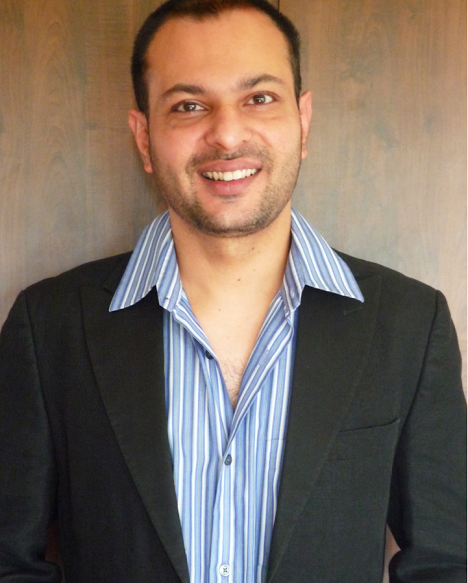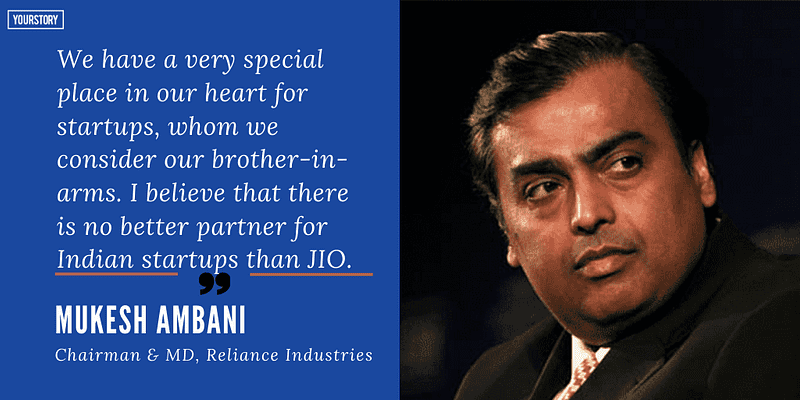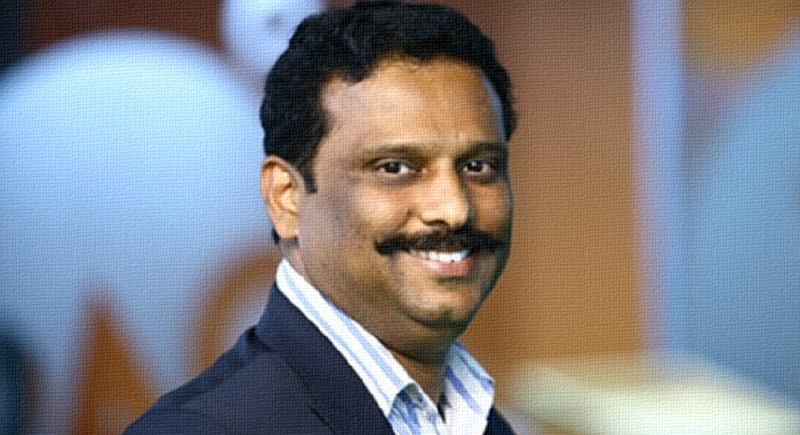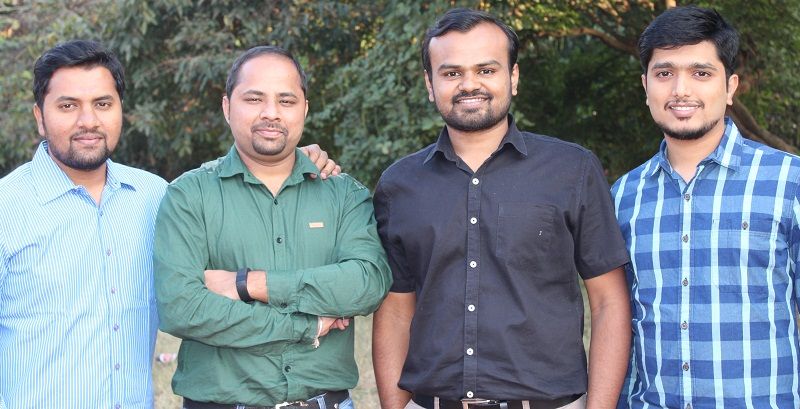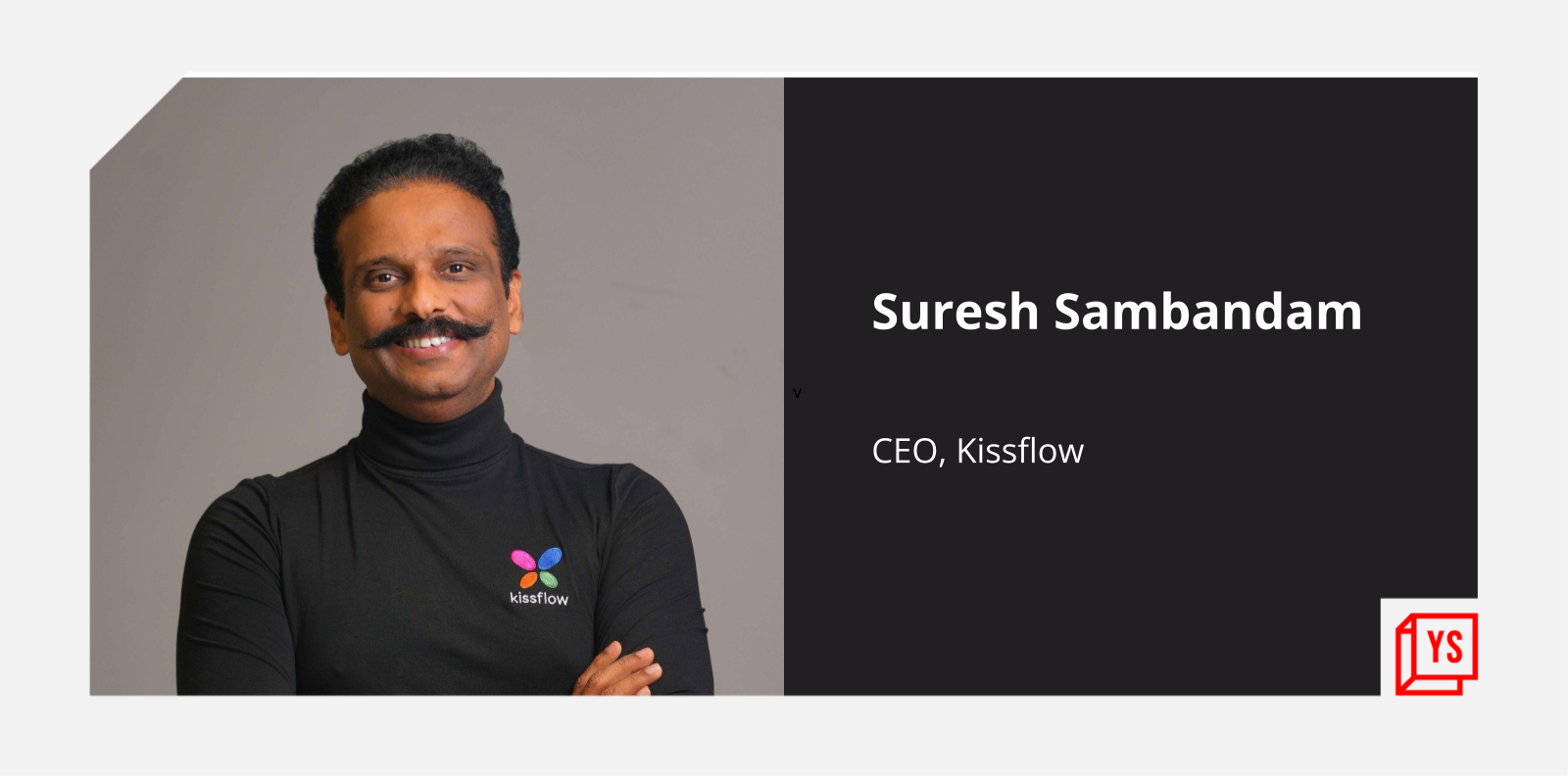Social Cops: Varun and Prukalpa's crowdsourcing platform helps anybody become a social impact agent
Picture courtesy: Social Cops

If you want to experience the real India take a train trip.
Varun Banka and Prukalpa Sankar, were in their final year at the Nanyang Technological University (NTU) in Singapore, when they decided to do exactly that. The duo, exposed to the global on-ground protests happening at that time, had already experienced an awakening. Coupled with the deep discomfort they felt with the many social and development issues plaguing India, they felt the time was for ripe for them to do something about it. The train journey covering 12 cities in 15 days across India, hammered home a recurring theme- there were heroes everywhere – in the guise of citizens, public agencies and companies – all gripped with a need to spearhead change in their communities. But their efforts were fragmented, required plenty of resources and lacked actionable data.
Clearly there was a gap that needed filling.
Banka and Sankar decided to form Social Cops (SC) in 2012 to help these heroes find a voice, get on-ground support and garner resources. The premise was simple. “Communities are disengaged, citizen voice is not harnessed in any form except media and forums, public agencies have no way of connecting with citizens and there are lack of channels to enable data driven decisions. We use web, mobile and voice to crowd-source citizen data, engage citizens, and analytics to create connected, synergistic communities,” says Sankar. SC empower public agencies, NGOs or just citizen groups to pick up the platform, decide what issue and demographic they want to engage and deploy the platform (depending on whether voice, SMS, web and smartphone channels suits them best).
Diverse, complementary backgrounds of founders:
Banka and Sankar have different, but complementary backgrounds. Having previously worked in the business divisions of Goldman Sachs and Exxon Mobil, Sankar has a strong corporate background, and has an entrepreneurial streak. At NTU, Prukalpa founded the Singapore Entrepreneurship Challenge that brings over 150 plus start-ups and youth to Singapore every year. Banka has a solid technology background and has experience in running a non-profit. He founded Sweksha, an online directory for NGOs, was a technology intern at Microsoft and Barclays Bank and was the NTU campus lead for Microsoft Student Partners.
Lessons in bootstrapping:
Being students they needed to bootstrap the idea and they used ingenious methods to do this. Participating in multiple business competitions around the world, they ended up winning many business competitions, as well as several grants. Their efforts have helped them raise capital to a tune of $ 25,000 via crowd funding, business plan competitions and grants. The various awards and grants they have won include Global Social Entrepreneurship Competition, Singapore International Foundation Young Social Entrepreneurs, Aseanpreneurs Idea Canvas, IBM/IEEE Smart Planet Challenge and awards from Microsoft, IITs and IIMs. “I guess the biggest learning for us has been that if you’re genuinely passionate about what you do, things happen to make your dreams possible. An example of the opportunities life presents you with – as young social entrepreneurs, we were invited to present our solution for cities at the Asia Pacific Cities Summit in Taiwan to 102 Mayors from all over the world, which gave us some great leads for the future,” adds Sankar.
Deep research leads to tangible impact:
SC has evolved interestingly since its inception and one of the reasons for their success has been a devotion to understanding the problem and need completely before attempting to solve it. “Most ventures in the crowd-sourcing space failed due to the fact that there was no capacity in the community to solve issues raised. We spent over six months talking to various community stakeholders – citizens, corporates, NGOs and public authorities. Over this time, we undertook various small-scale pilots, to understand what works and what does not,” points out Sankar. SC used crowd-sourced data to install processes and systems designed to create systemic change. Here are some examples. For a project on sanitation, SC did a pilot with municipal ward 103 in New Delhi to crowd-source data from citizens and use it to monitor the efficiency of third party service providers for garbage collection. Citizen ratings were also used to identify the cleanest streets, and using that data, they identified the best street cleaners and awarded them. This in turn boosted the dignity of the street cleaners leading to higher performance rates. Sankar recalls the story of Mukesh (street cleaner award winner), who told her that for the past 20 years he had been ashamed to tell his son about what he does for a living, but now for the first time his son is proud of him.
SC’s work is gaining global attention: city councils from other parts of the world are seeking proposals from SC to replicate the work they did with the Municipal Corporation of Delhi. In Ranchi, a citizen group called ‘I Lead Ranchi’ launched a two month long campaign on the SC platform to crowd-source reports regarding broken streetlights. The result? The local government allocated over Rs. 2.15 crore to fix the lights. Another SC campaign tackles the problem of women’s safety. Initiated by SAFE is by local citizen groups, the campaign called SAFE crowd-sources a neighborhood watch and responds to distress signals from women, this ensures that women feel safer on roads. Recently a group of tenth graders used the platform to engage the community around them and sensitized them on the issue of women’s safety.
Big obstacles and vision for taking SC to the next level:
Currently SC is chugging along quite well: they have a good roster of clients, engaged in solving important issues, are generating revenues and are in the middle of a fundraising round. The one sore spot is hiring talent. “We are looking to hire some awesome talent. People who not only have the skill-sets but more importantly are learners. I’d say, finding these uber cool people has been the biggest obstacle,” remarks Sankar. Their big aim now is to make the SC platform a global one, which enables anyone, in any part of the world to pick an issue and demographic – browse templates that work in their countries, and deploy it rapidly.
You can learn more about SC here.
SocialCops were part of Unconvention | L (Villgro) event held in Bangalore in collaboration with Startup Saturday.






